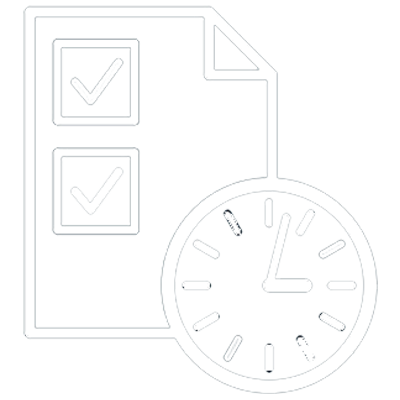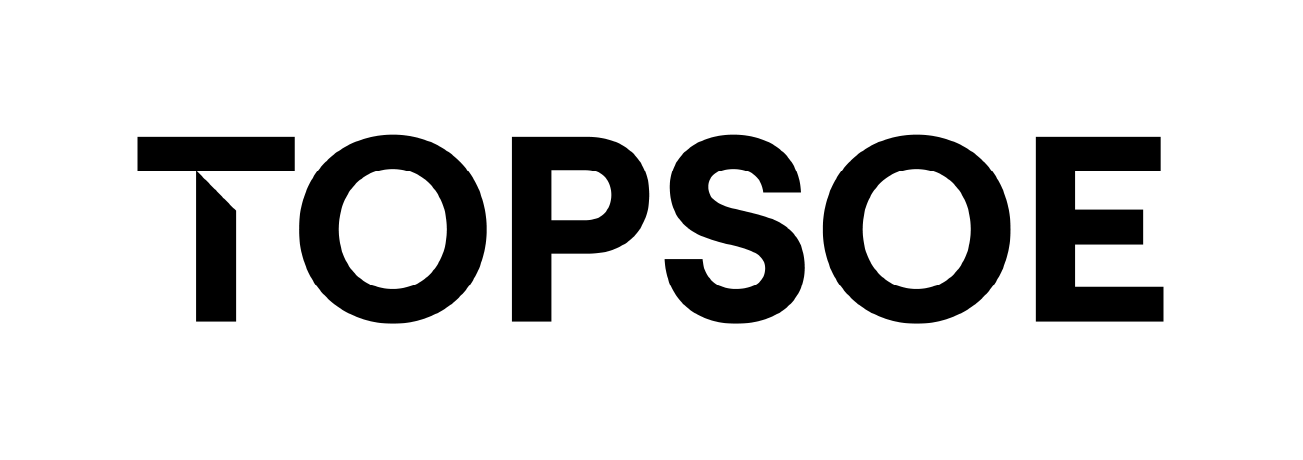MERIT
Mechanically robust SOEC stacks for flexible system integration
Background
Electrolysis is a key component in the Power-to-X value chain. A critical requirement for electrolysers is robustness under dynamic operation and flexibility for system integration. Solid oxide electrolysis technology is known for its high efficiency and independence from precious metal elements. Ensuring mechanical durability throughout years of dynamic operation remains, however, a challenge at the stack level.
Dynamic operation induces thermo-mechanical stresses due to mismatches in the coefficients of thermal expansion among stack components, increasing the risk of cracking and failure, especially in the sealants and adjacent components. Merit aims to understand and enhance the mechanical behaviour of sealings under dynamic operation, thereby improving the solid oxide electrolysis stack durability and enhancing the system integrability of the technology.
Objectives
- Develop methodologies to experimentally simulate dynamic operational conditions and evaluate the mechanical behaviour of sealings, focusing on various glass-ceramic sealings and interconnect coatings to identify critical factors affecting durability.
- Investigate the conditioning and reduction process, a critical manufacturing phase where components undergo high temperatures and loads, which result in phase changes in glass-ceramic sealings.
- Conduct detailed stack-level simulation studies to assess the effects of dynamic conditions on stack durability.
Expected results/impact
The project aims to achieve:
- A 50% enhancement in the fracture toughness of sealings.
- A 30% increase in thermal cycles annually.
Budget

7.99 M DKK
Partners

2
Start

January 2026
Duration

2 years
Partners



